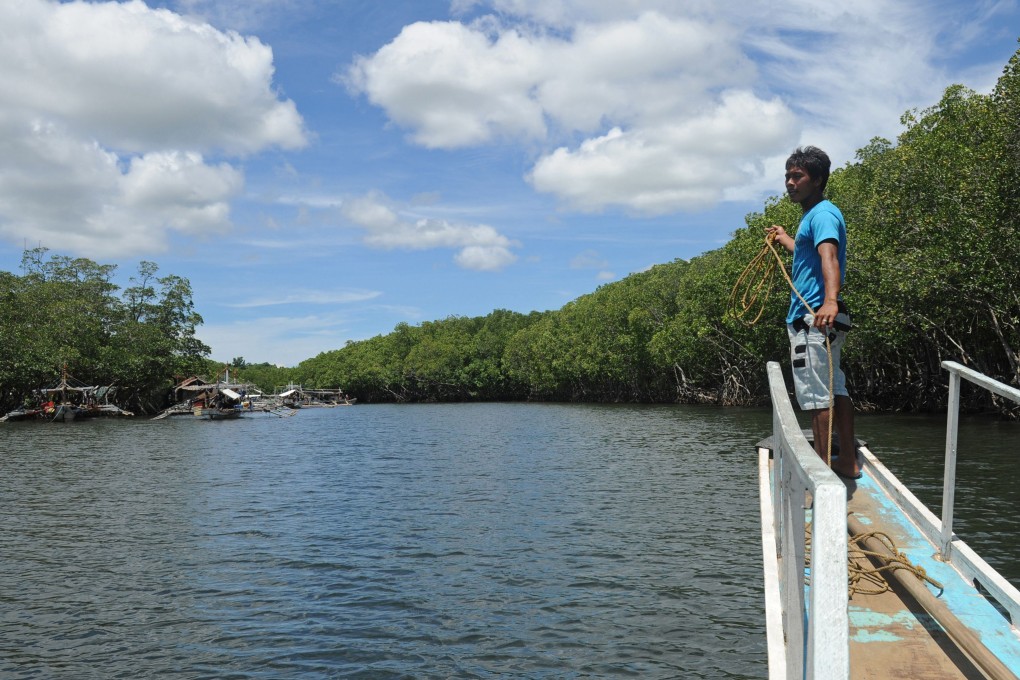Little hope for a code of conduct in South China Sea
Mark Valencia says both China and Asean continue to talk past each other

Indonesia has called for a special Asean meeting on the South China Sea in an attempt to retain and reinvigorate unity of the Association of Southeast Asian Nations, and facilitate agreement on a code of conduct. But even if such a meeting is convened, it is unlikely to make significant progress.
The recent China/Asean Joint Working Group meeting in Bali, on the implementation of the 2002 Declaration on the Conduct of Parties in the South China Sea, was a good indicator of things to come; little headway was made. Indeed, in the 12 years since agreement on the declaration, the parties are only now discussing "key" common principles such as strengthening political trust, commitment to the UN Charter, the UN Convention on the Law of the Sea, the 1976 Treaty of Amity and Cooperation, and mutual respect for each other's independence and sovereignty. These principles have been asserted, breached or ignored many times before.
The 2002 declaration is only a non-binding political statement with no dispute settlement mechanism to interpret its ambiguous provisions. Many members consider military exercises, oil exploration, drilling, fishing and scientific research in disputed areas, as well as construction on the disputed reefs and islands, to be "violations". But all are guilty of one or more breaches.
The declaration calls for the negotiation of a code of conduct for activities in disputed areas. But this has become a "holy grail" of diplomacy in Southeast Asia and beyond - envisioned and striven for but seemingly never to be attained. Indeed, fundamental obstacles make it unlikely that Asean and China will agree on a robust, binding code. Even agreement on a weak version will be difficult, for a number of reasons.
First, Asean has to be unified in its desire for and interpretation of a code. But with conflicting claims and differing political stances among members, an agreement on specifics is difficult because the majority will probably want provisions with "wiggle room".
Even if the grouping does unite on what it wants China to agree to, Beijing interprets the approach to a code of conduct quite differently from Asean. While Asean claimants say they want to implement the declaration by negotiating a code of conduct with China, Beijing is willing to consider a loose code of conduct if and when the other claimants cease their international grandstanding and negotiate the disputes directly with China. Thus, China and Asean are talking past - not to - each other.